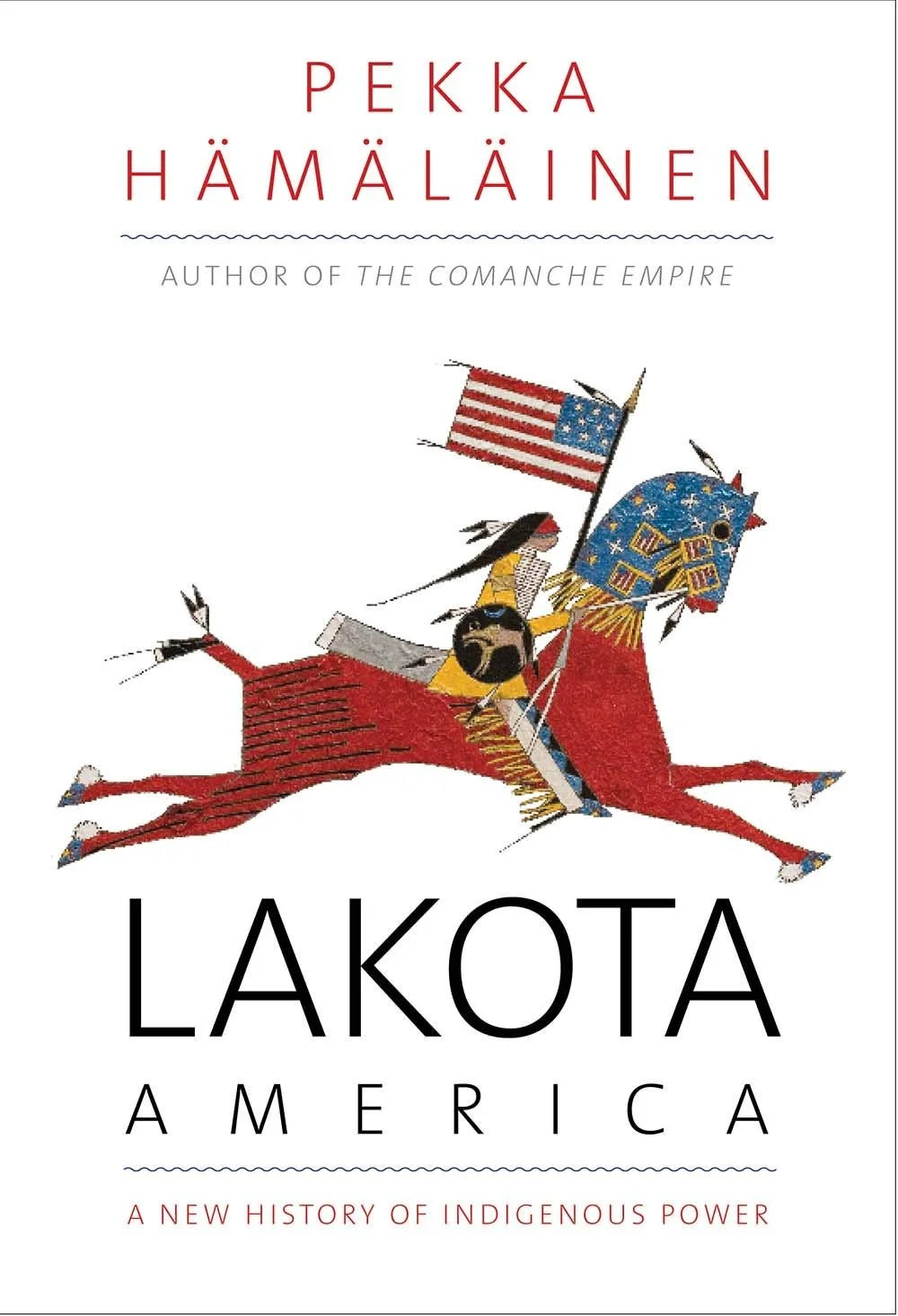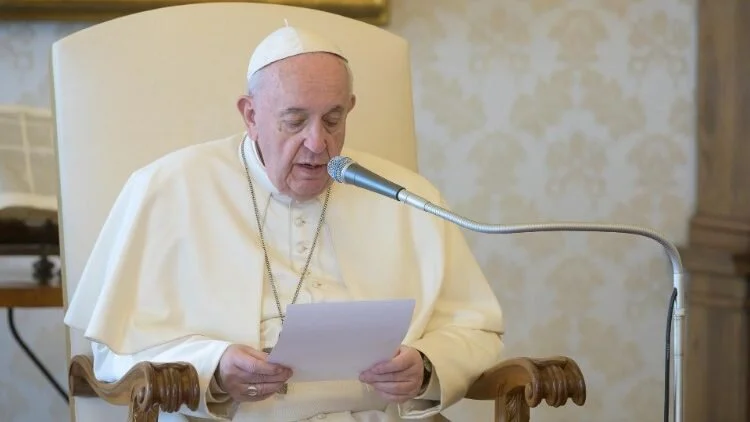October 2021 Newsletter
Summer seminar for fathers of young children
“Getting married means plenty of life changes – understatement of the year – then kids come along and multiply that change by 10!” Thus did Charlie Weikel summarize his life in the last several years. With this in mind he helped organize a weekend seminar for fathers of young children. “Our aim was to gather dads who want to raise Christian families and learn from persons who have thought about this a lot and have lived it,” said Charlie.
The group of 25 men who convened at a lake house in Bristol, WI this past September heard lots of great ideas. They also enjoyed a weekend with other dads: beers and cigars around the campfire; burgers and brats on the grill; and plenty of friendship-building.
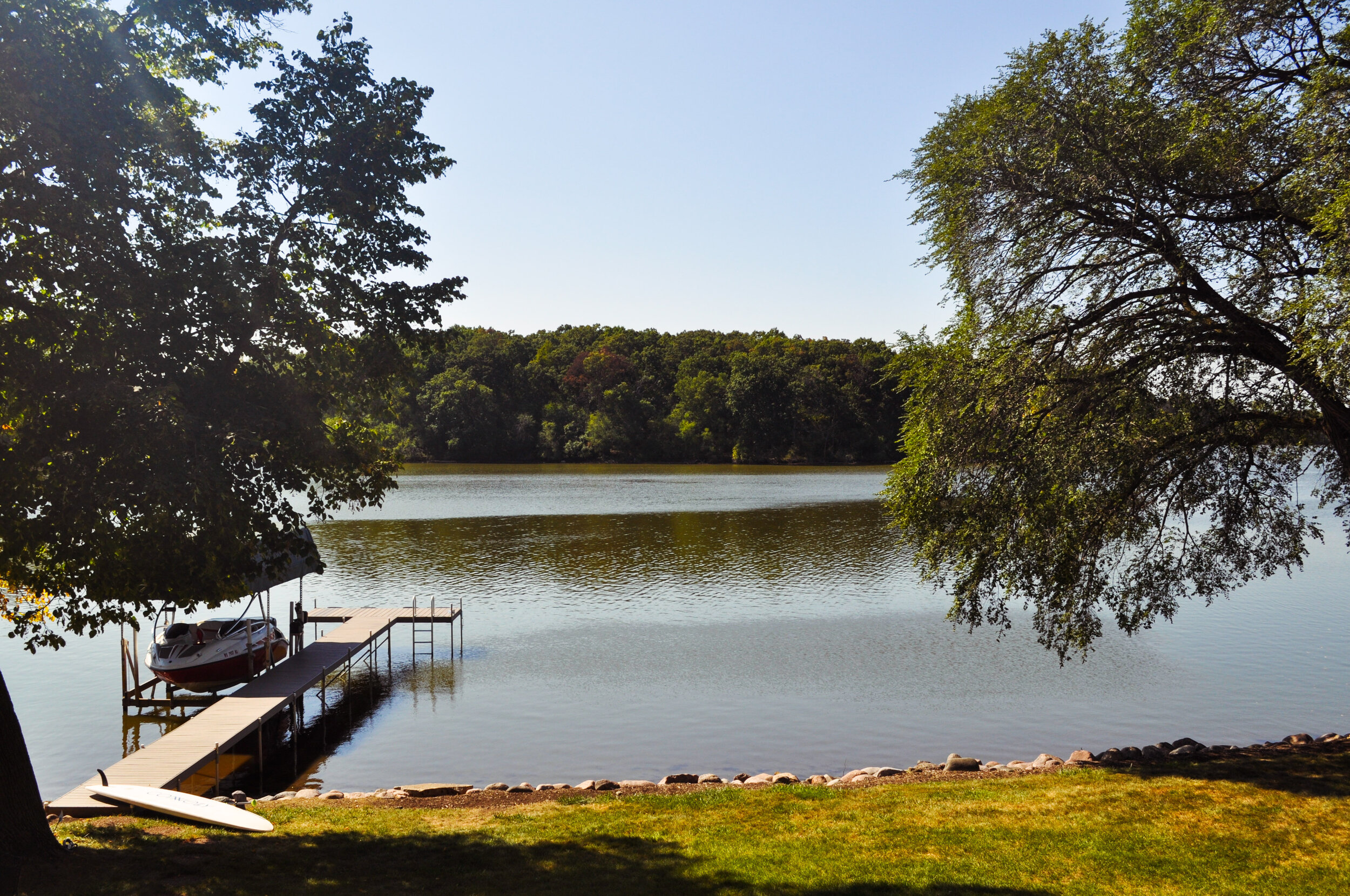
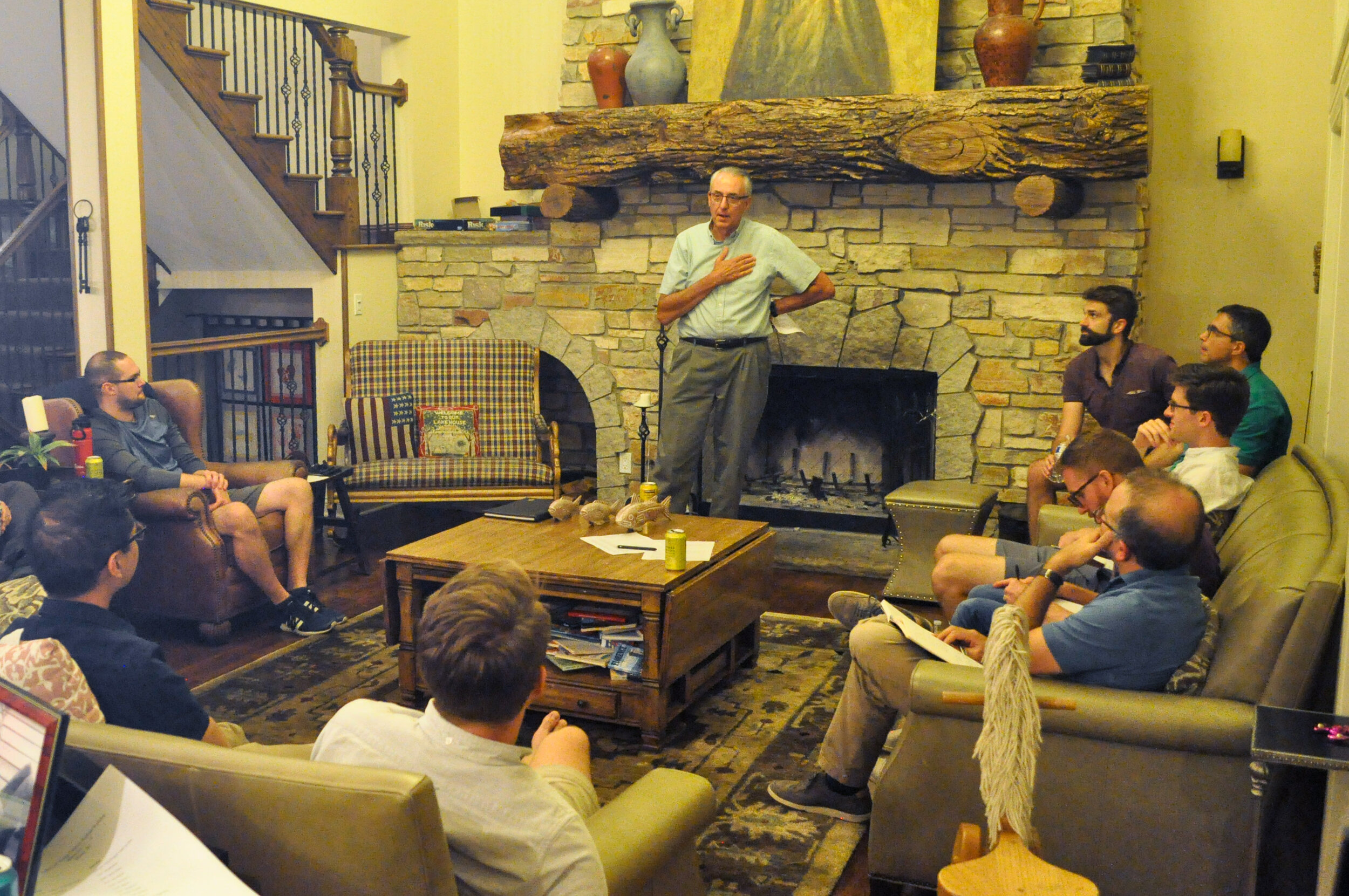
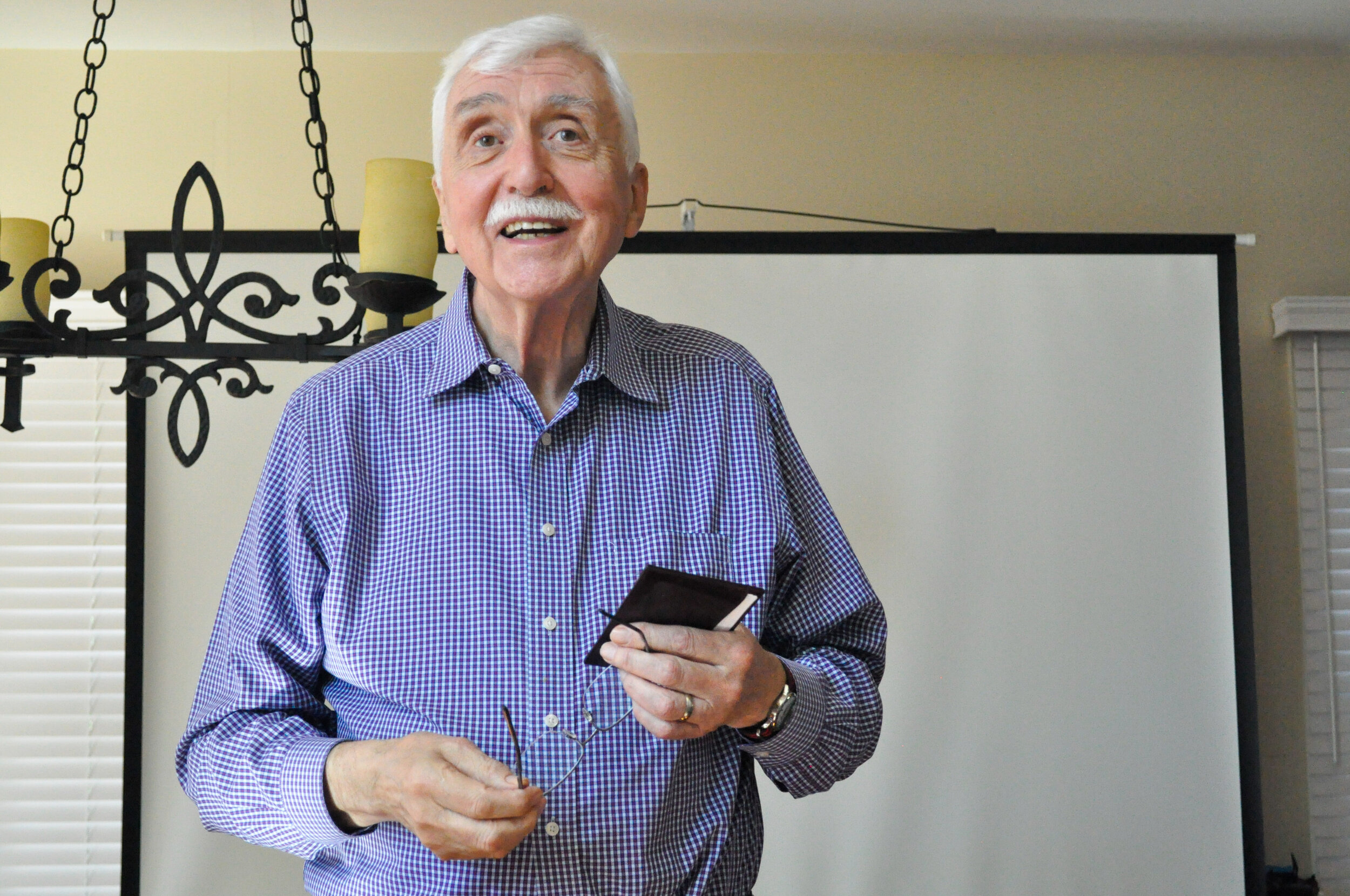
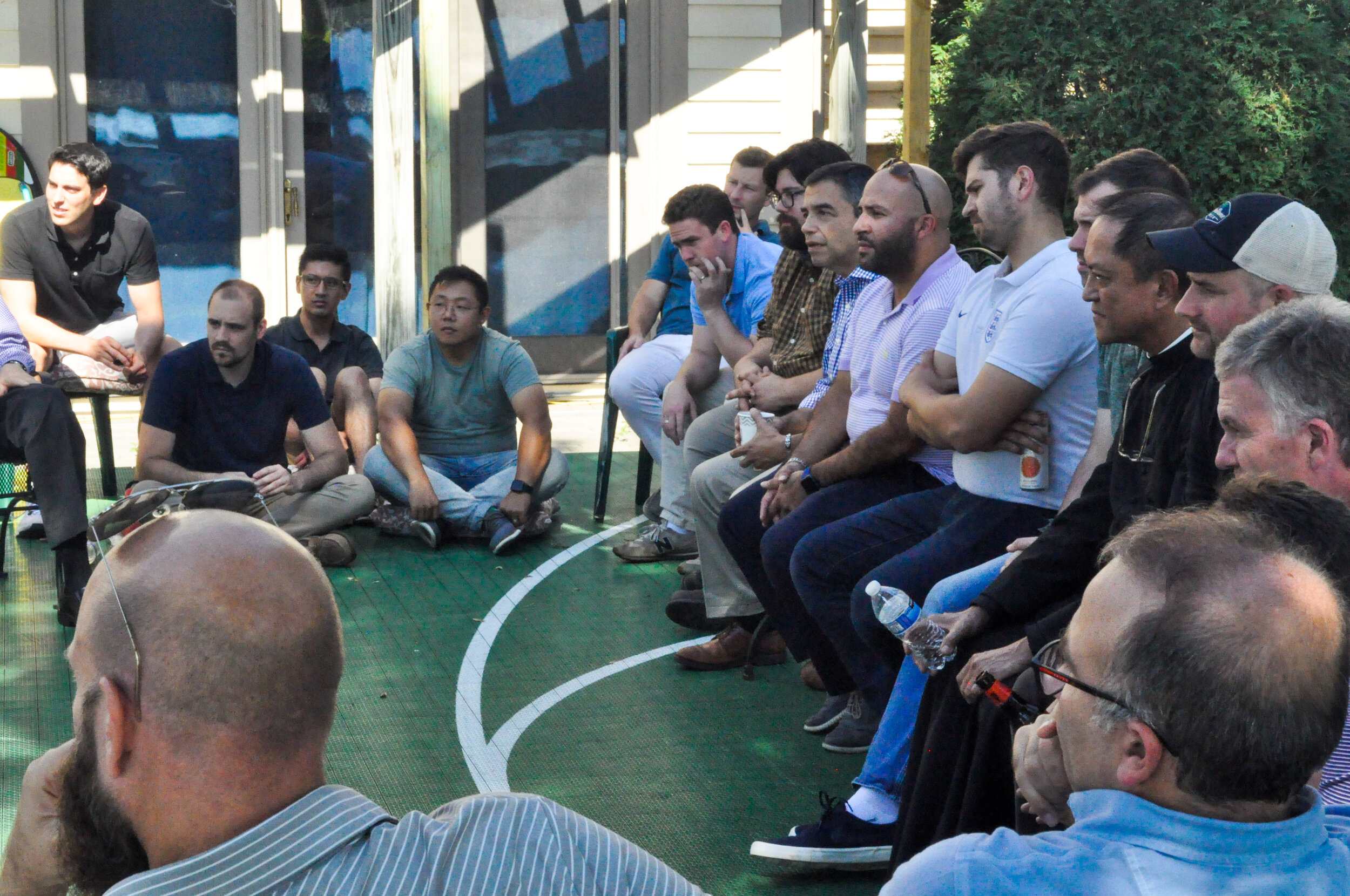
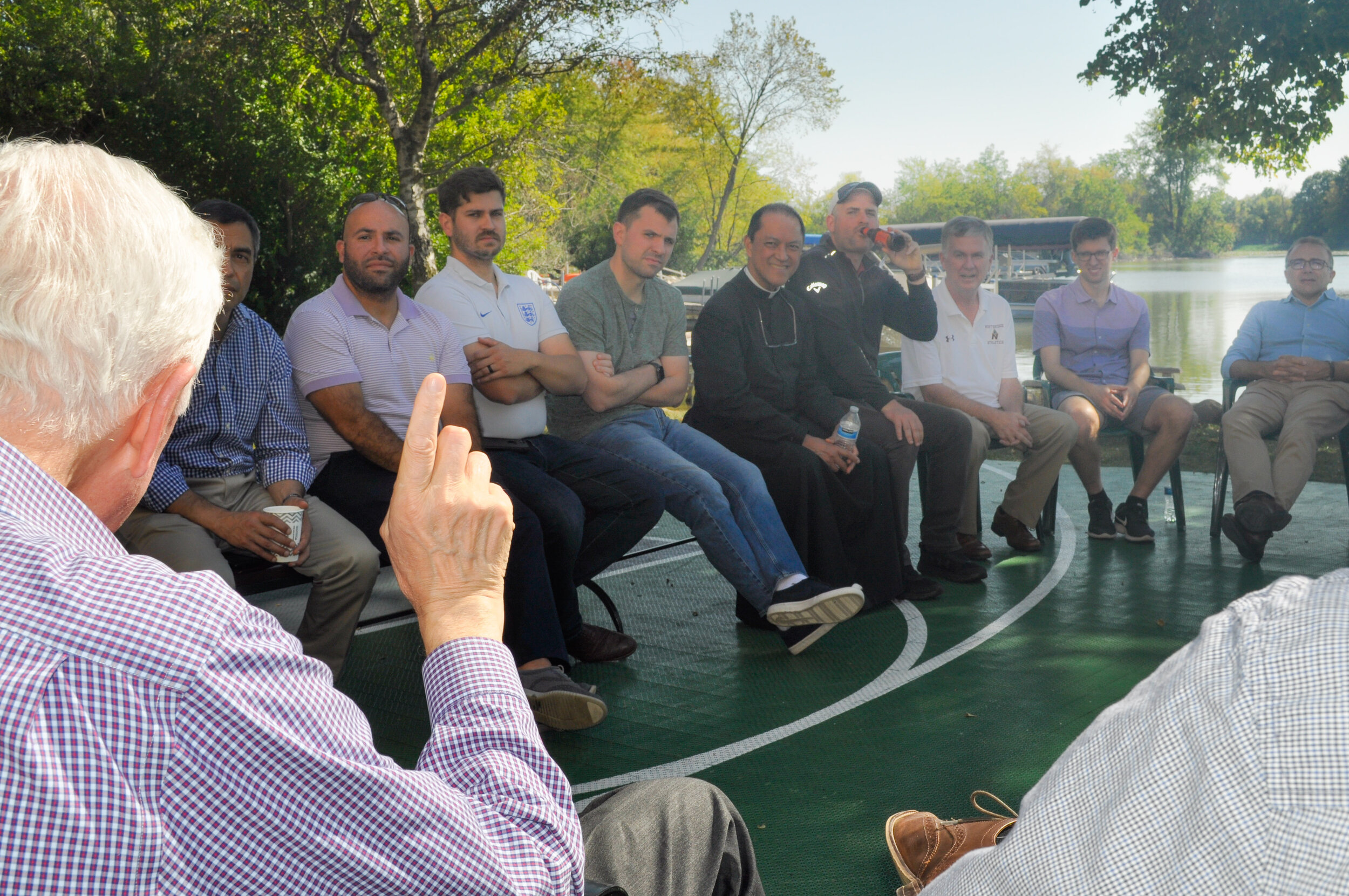
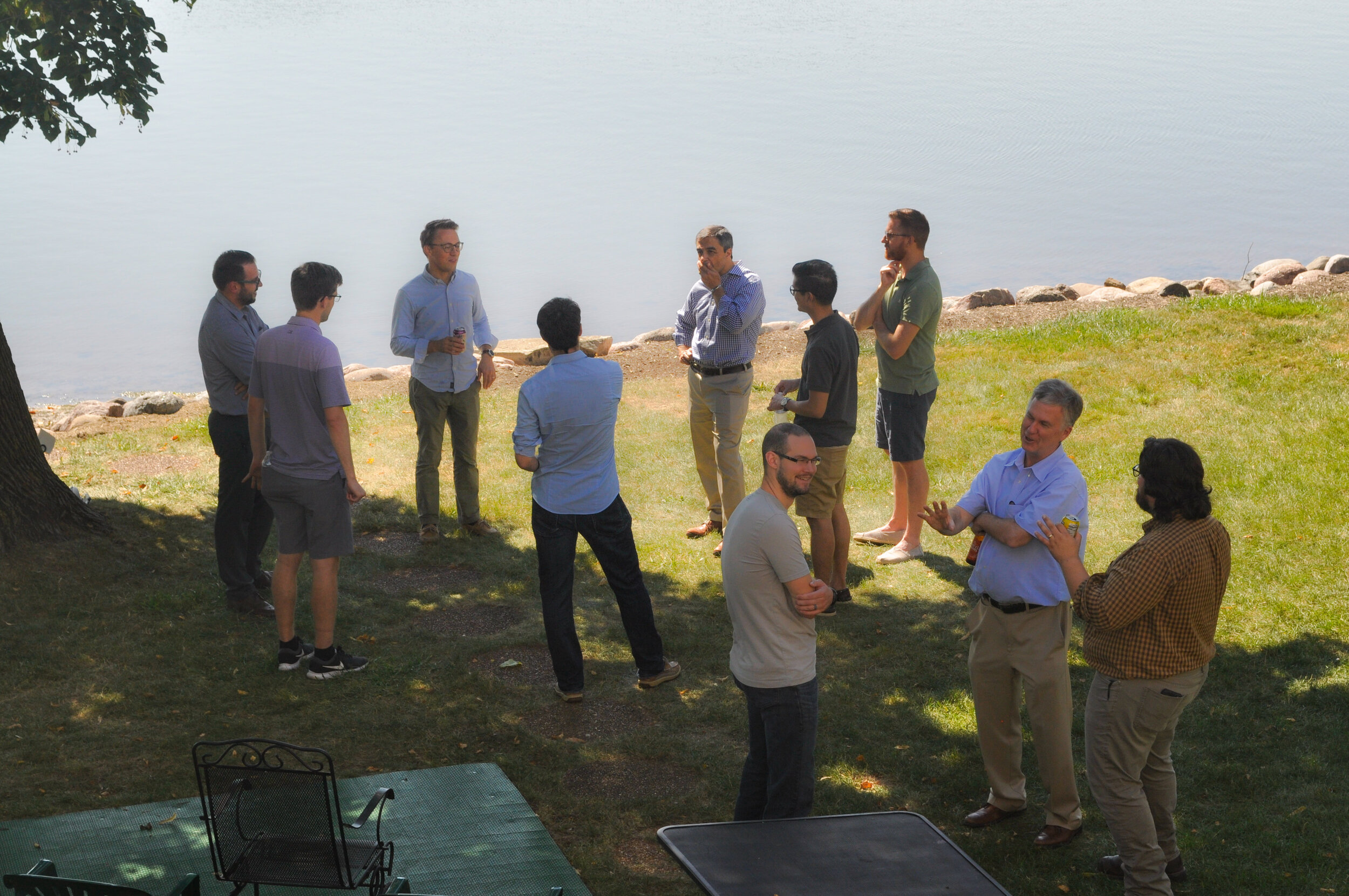
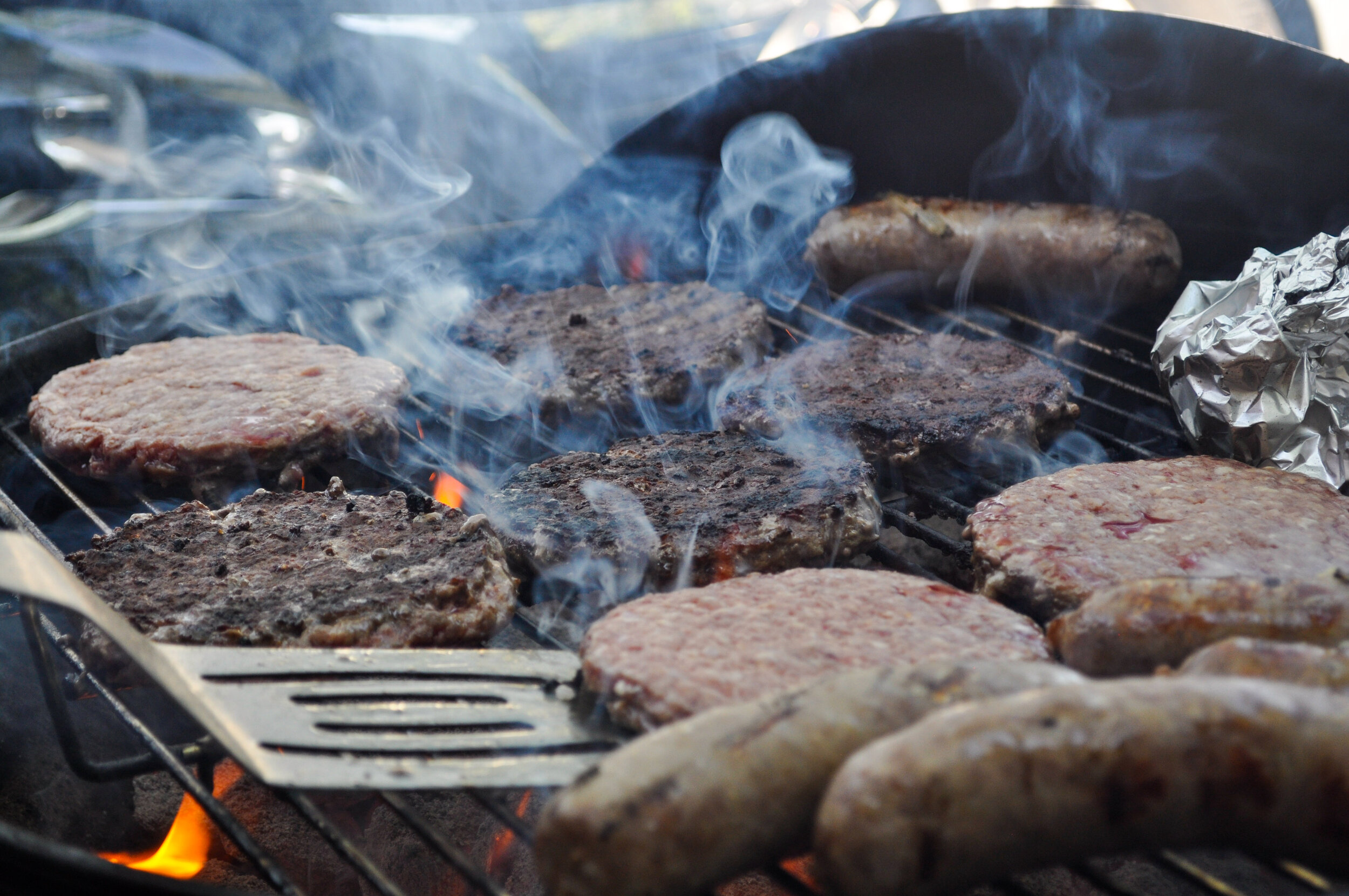
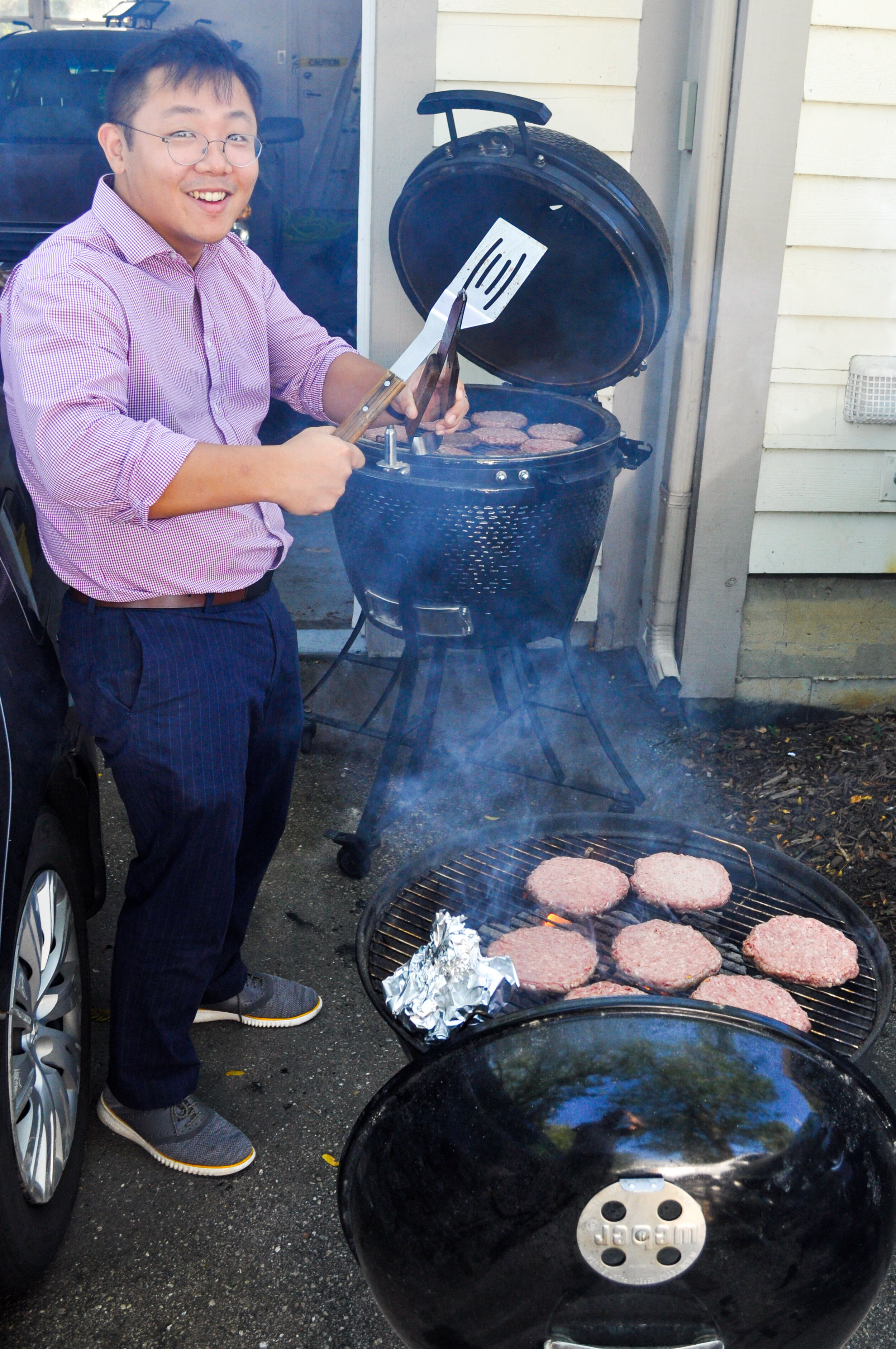
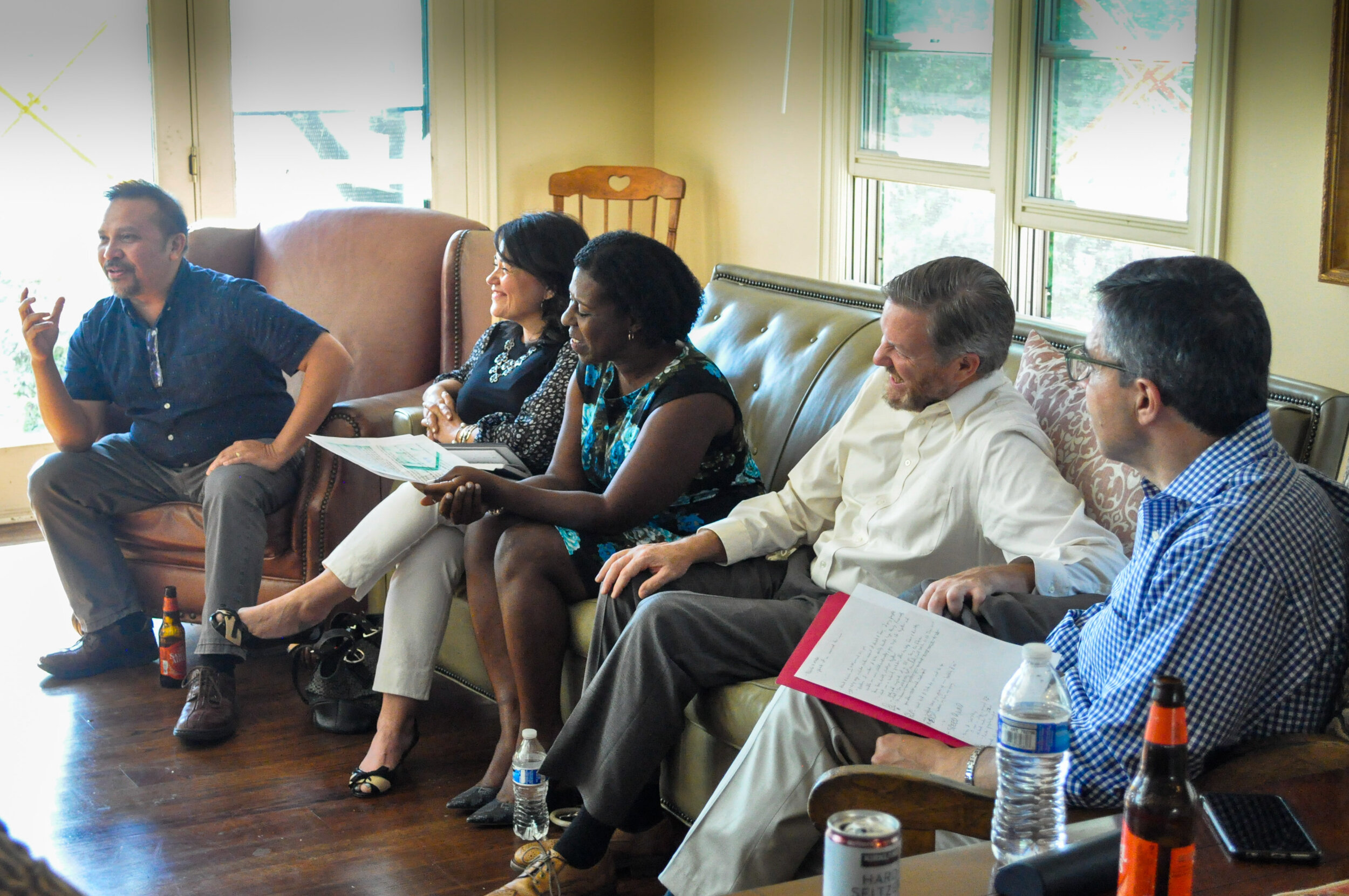
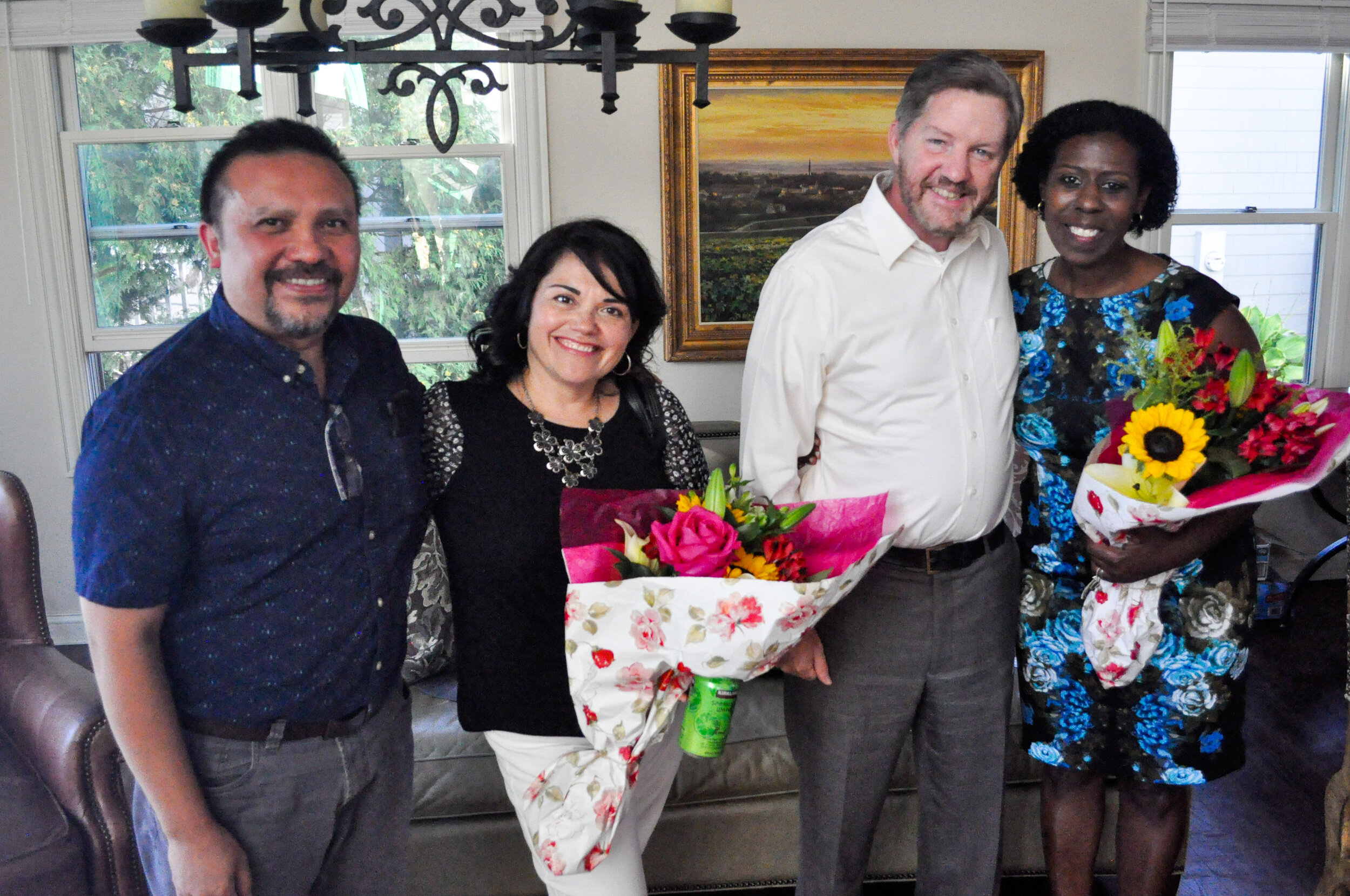
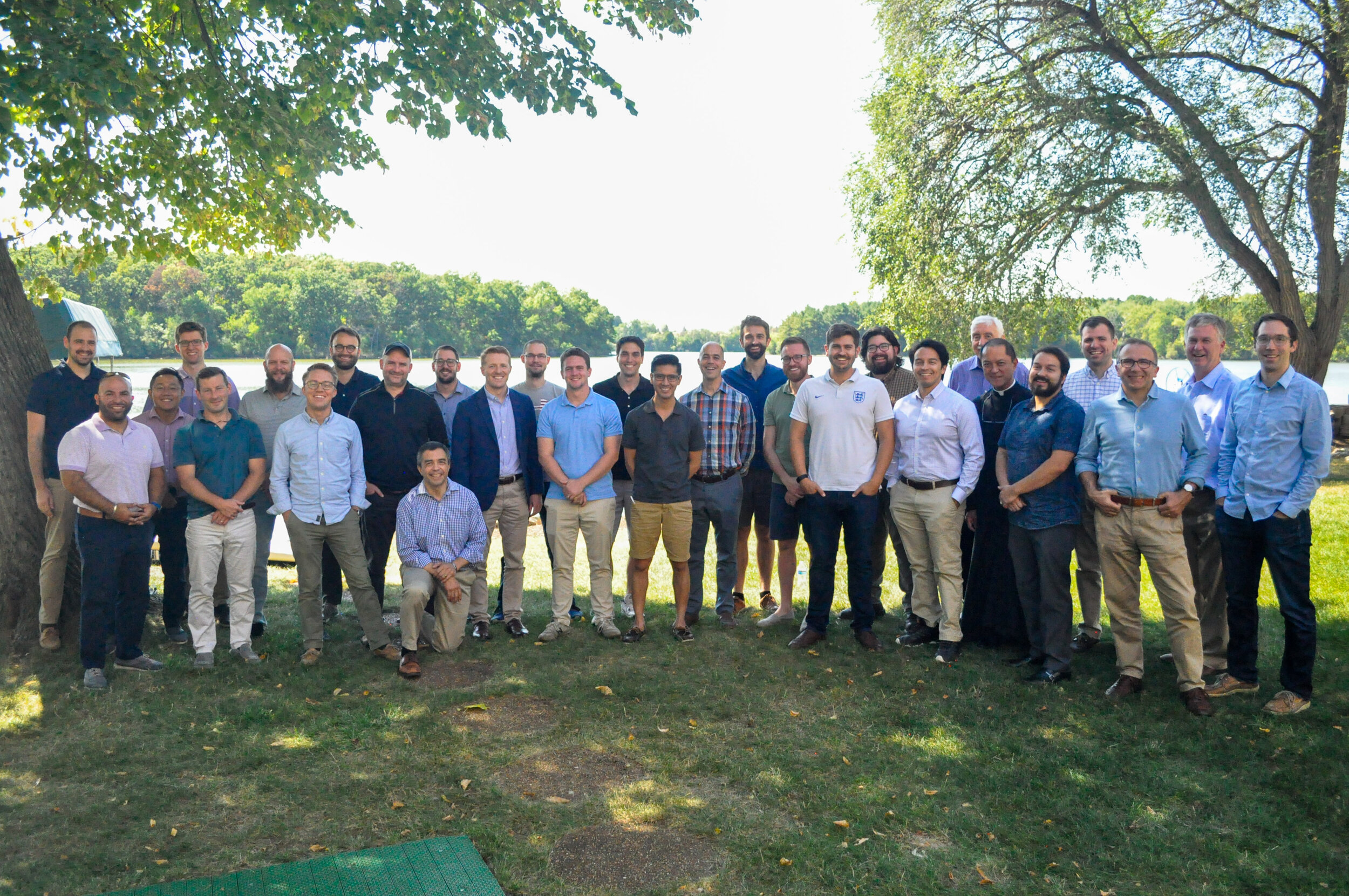
Doug Hinderer, a former executive and current licensed marriage and family therapist, gave a presentation that revolved around three key points: (i) fathers are irreplaceable, (ii) great fathers make great husbands, and (iii) great fathers are men of virtue. He reminded participants that their wife wants to feel loved and cherished, and the best way to love your wife is by small acts of kindness.
Dr. Patrick Fagan, a psychologist and director of the Marriage and Religion Research Institute, gave two presentations that covered a wide range of topics. He explained that one of the best ways a father can teach his sons to respect and serve their mother is for himself to respect and serve his wife. He counseled that the best way husbands can communicate with their wives is to listen and then reflect back to his wife what he thinks he heard her say, asking, “Are you saying that…?”
Participants also heard from two married couples, Albert and Lucia Pardilla, and Michael and Pascale Burns who between them have raised 15 children in their combined 40 years of marriage. One participant stated, “It was a helpful to hear from parents who, because they’ve had many kids and have been married for so long, have already navigated many of the pitfalls that we are encountering for the first time.” It was a lively panel that offered practical advice, some of which was as simple as reminding everyone to get enough sleep: it’s easy to lose patience and snap if you’re worn out.
Dr. Fagan was impressed with the weekend, commenting, “This gathering of guys, taking time out of their busy schedules to learn how to be a better husband and father and make friends with likeminded men is an acorn from which great things can come.”
Book Review - Lakota America: A New History of Indigenous Power by Pekka Hämäläinen
In the final pages of his history “Lakota America”, Pekka Hämäläinen describes a vision that Sitting Bull has in the spring of 1876 in which he sees days of war on the horizon. And, despite his confidence in victory over American troops, there is a tinge of regret and sadness that it had come to this, that only terrible carnage would bring deliverance of his people from complete annihilation. This scene captures the tone of Hämäläinen’s history of what he calls “Lakota America.”
Drawing from calendars waníyetu iyáwapi (winter count calendars) that consist of pictographs on buffalo hides, Hämäläinen uncovers how the Lakota shaped their histories through selective narration, and how their understanding of the past and themselves changed over time. The author thus opens up for us an alternative window into the American past, allowing us to observe Lakota motives and meanings directly. As he does so, Hämäläinen guides us through the history of the Lakota: from their hunter-gatherer origins along the Mississippi in the 17th century, to their expansion along the Missouri and into the Great Plains, the Black Hills, and beyond in the 18th and 19th centuries.
Along the way we accompany the Lakota as they begin to trade in furs and guns, how the discovery of horses and the hunting of buffalo transform their culture into an empire that dominates the Great Plains and powerfully expands westward. American history thus becomes one of two competing empires that overlap, interact and eventually fall into conflict. A history that, with this new perspective, gives us a more deeply nuanced understanding not only of the past, but also of the richness and complexity of who we are today.
Pope Francis: Abortion and Euthanasia are part of the “Throwaway Culture”
A recurring theme throughout Pope Francis’ pontificate has been a strong criticism of the “throwaway culture” that exists in many parts of the world. While a clear consequence of this attitude is disregard for the environment, the Holy Father emphasizes that at the heart of this culture is a lack of love for one’s neighbor. Shortly after being elected, he told thousands of young people in Brazil during World Youth Day that “we must never allow the throwaway culture to enter our hearts, because we are brothers and sisters. No one is disposable! Let us always remember this: only when we are able to share do we become truly rich; everything that is shared is multiplied!” (Address on July 25, 2013, Rio de Janeiro).
Recently, the Pope has used “throwaway culture” to condemn abortion and euthanasia. On October 14, 2021, in an address to pharmacists, he said that abortion “is a homicide and it is not licit to become an accomplice. Having said that, our duty is to be close to people, our positive duty: to be close to situations, especially women, so that they do not come to think of the abortion solution, because in reality it is not the solution. Then after ten, twenty, thirty years, life sends you the bill. And you have to be in a confessional to understand the price of this, which is so hard.”
And in response to an increasing demand in several European countries to legalize euthanasia, Pope Francis said that euthanasia is a sign of a culture that view the elderly as “disposable material.”
The Holy Father’s 2020 Encyclical Letter, Fratelli Tutti, is a call to contribute to a rebirth of a universal aspiration of fraternity, acknowledging the dignity of each human person (see Fratelli Tutti, # 8).
Evenings of Recollection for Men
The pre-pandemic schedule and location for Evenings of Recollection in English have resumed as follows:
For young professional men: Second Monday of the month, 7:00-9:00pm
For men: Third Monday of the month, 7:00-9:00pm
The Evenings of Recollection will take place at Midtown Cultural Center (1825 North Wood Street). Parking is available in the St. Mary of the Angels Parish lot, accessible from the Hermitage side of the block. You can enter the residence from the white porch just off the parking lot, next to the playground.
The evening consists of times of prayer led by priests and talks given by laymen, focusing on how to grow in the spiritual life and integrate faith into daily life. An emphasis is placed on sanctifying marriage and family life, as well as one’s professional work. Recollections include Eucharistic Adoration and opportunities for the Sacrament of Confession.
Support Midtown Cultural Center
Please support the work of Midtown Cultural Center by making a tax-deductible donation online at our secure site. Thank you for your generosity!
“Your work must become a conversation with Our Father in heaven.”
— St. Josemaría Escrivá
